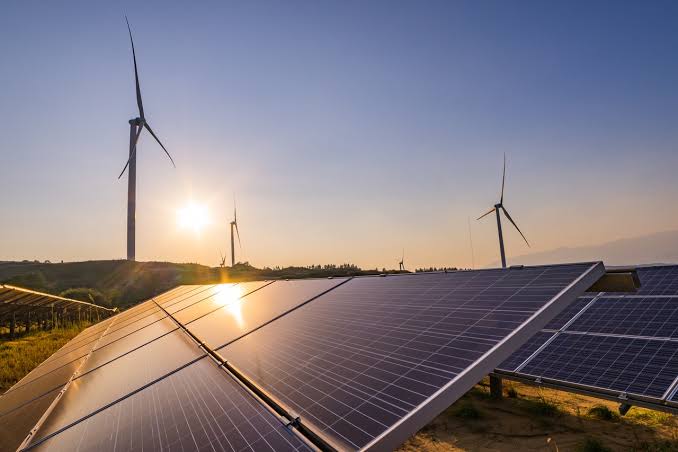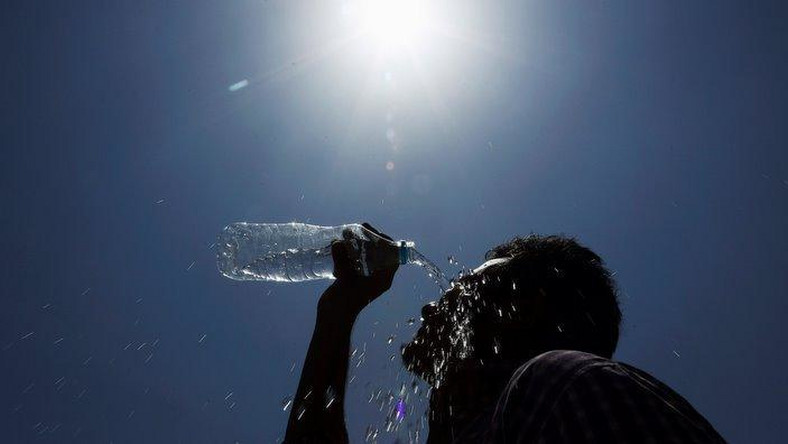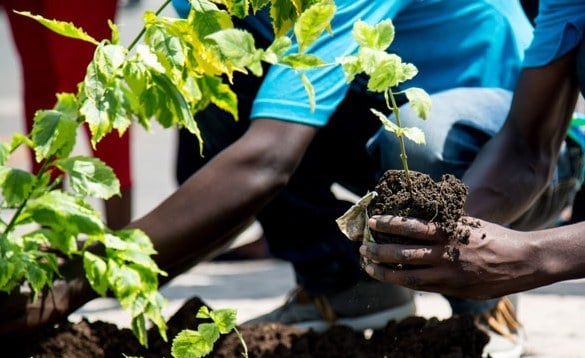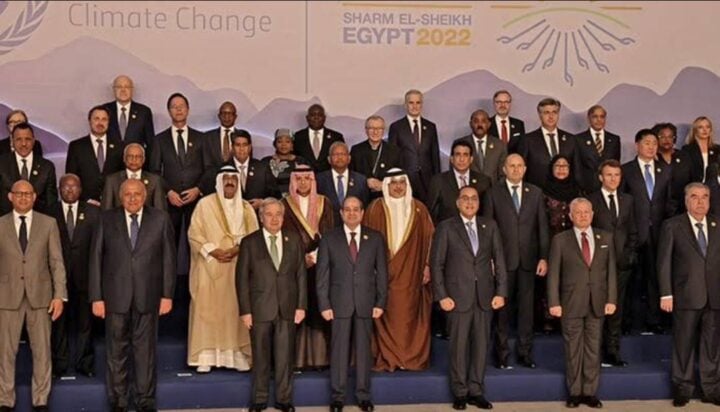Despite directly impacting our communities, health, and livelihoods, climate-related reports usually take a back seat to dominant news beats like politics and business.
Climate Watch aims to ensure you never miss important stories on climate change and actions being taken toward limiting its impact.
Here is a round-up of last week’s climate stories:
- Iziaq Salako, minister of state for environment, on January 8, said he would plant and nurture at least 50 trees in 2024. Salako said he intends to “go greener” and give back to nature as part of his New Year resolutions for a more sustainable planet. The minister said he would utilise renewable alternatives for electricity generation, as well as consciously purchase recycled and reusable items. He urged Nigerians to make green resolutions to preserve the environment. Read more here.
- In a report released on January 9, the European Union’s Copernicus Climate Change Service (C3S) said 2023 was the hottest year on record. According to the EU’s climate service, 2023 was the warmest calendar year in global temperature data records since 1850. It said the concentration of carbon dioxide in the atmosphere rose to the highest level recorded — 419 parts per million, in 2023. C3S said last year had a global average temperature of 14.98°C. This, it said, was 0.17°C higher than the previous highest annual value in 2016. The report also projected that January or February 2024 will exceed 1.5°C. Find out more here.
- Last week, Damilola Ogunbiyi, United Nations special representative for sustainable energy, met with President Bola Tinubu at the State House in Abuja to present a document on e-mobility. E-mobility refers to road vehicles powered by an electric motor and charged with electricity. It offers options for short and long trips to provide green transportation alternatives in the post-subsidy regime. At the COP28 in Dubai, Tinubu announced plans to deploy 100 electric buses for carbon reduction and modernisation of the transportation system in Nigeria. The Lagos government said it had taken delivery of the first set of electric buses for public transportation in the state. Find out more here.
- The International Energy Agency (IEA) in a report released on January 11, said the world’s renewable energy capacity grew by 50 percent in 2023 compared to 2022. According to the report, the largest growth took place in China, which commissioned as much solar PV in 2023 as the entire world did in 2022. The renewable energy capacity in Europe, the United States and Brazil also hit all-time highs. IEA said the world’s capacity to generate renewable electricity is expanding, adding that the next five years will witness the fastest growth yet. The report said under existing policies and market conditions, global renewables capacity is expected to grow to 7,300 GW by 2028. It, however, added that the world needs to further triple capacity by 2030, as agreed by countries at COP28. IEA said lack of financing and deployment of renewables in developing economies will be the biggest challenge to reaching the goal.
Advertisement
Add a comment






